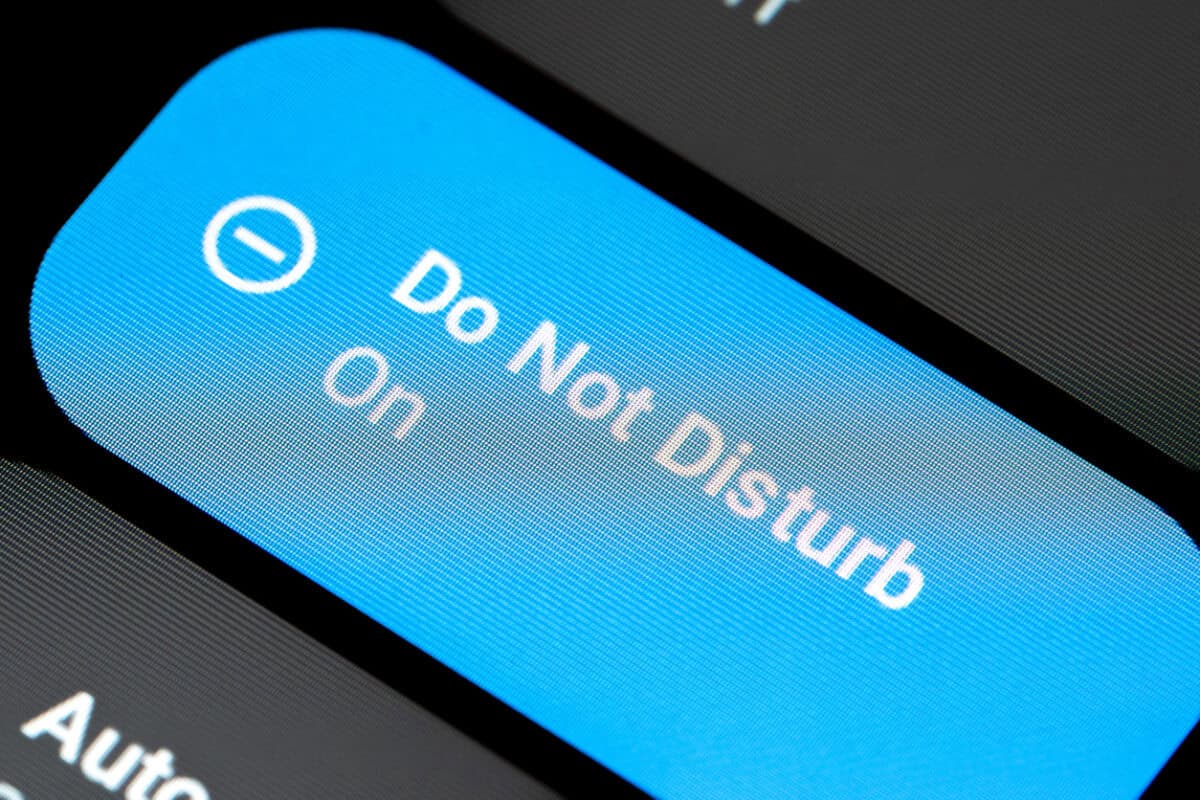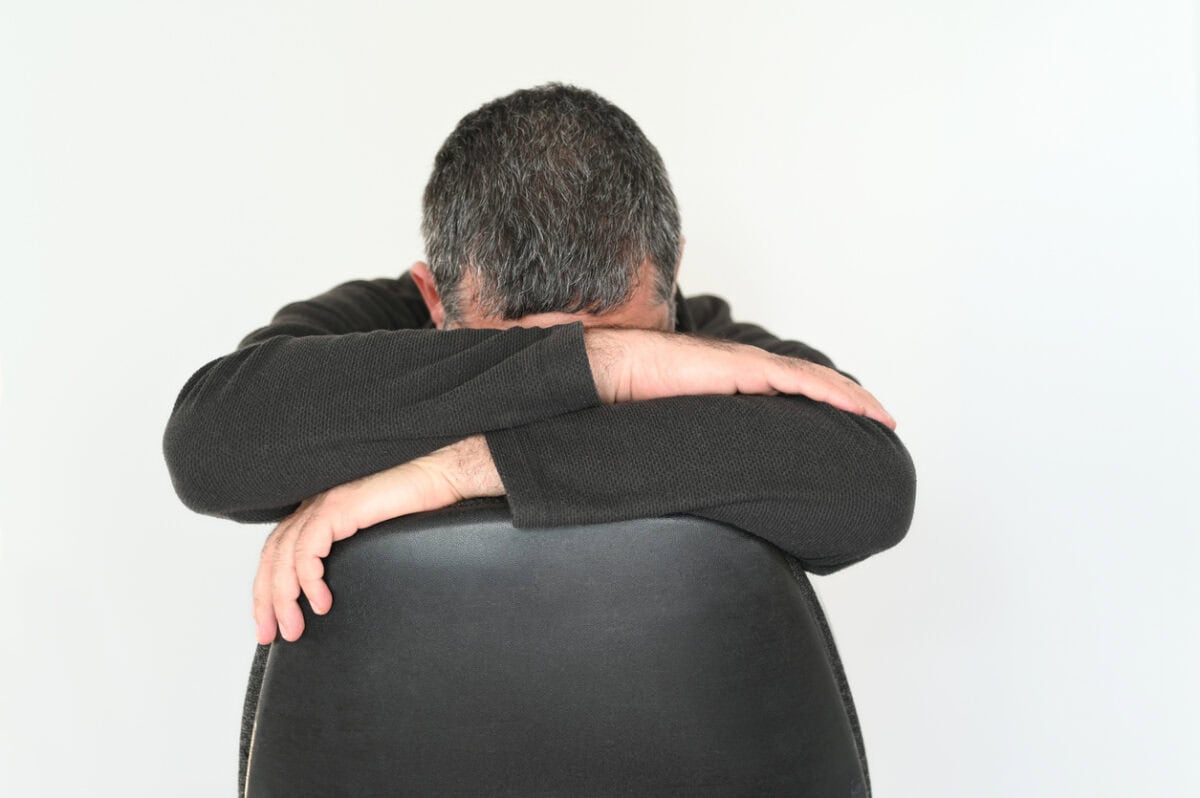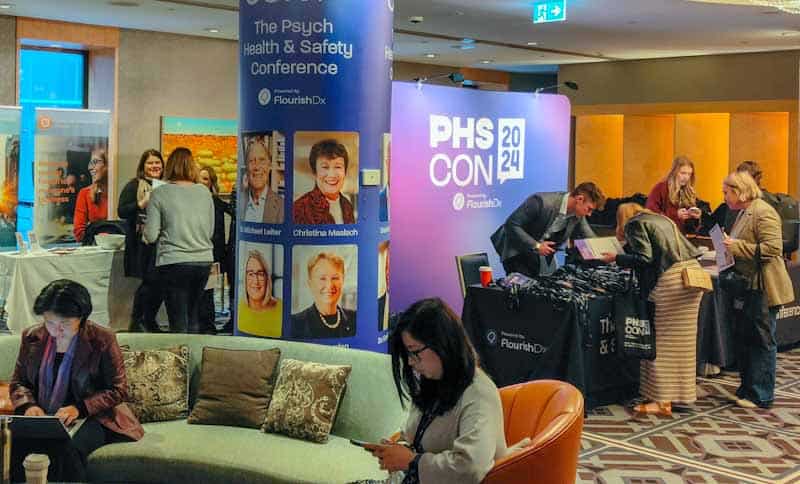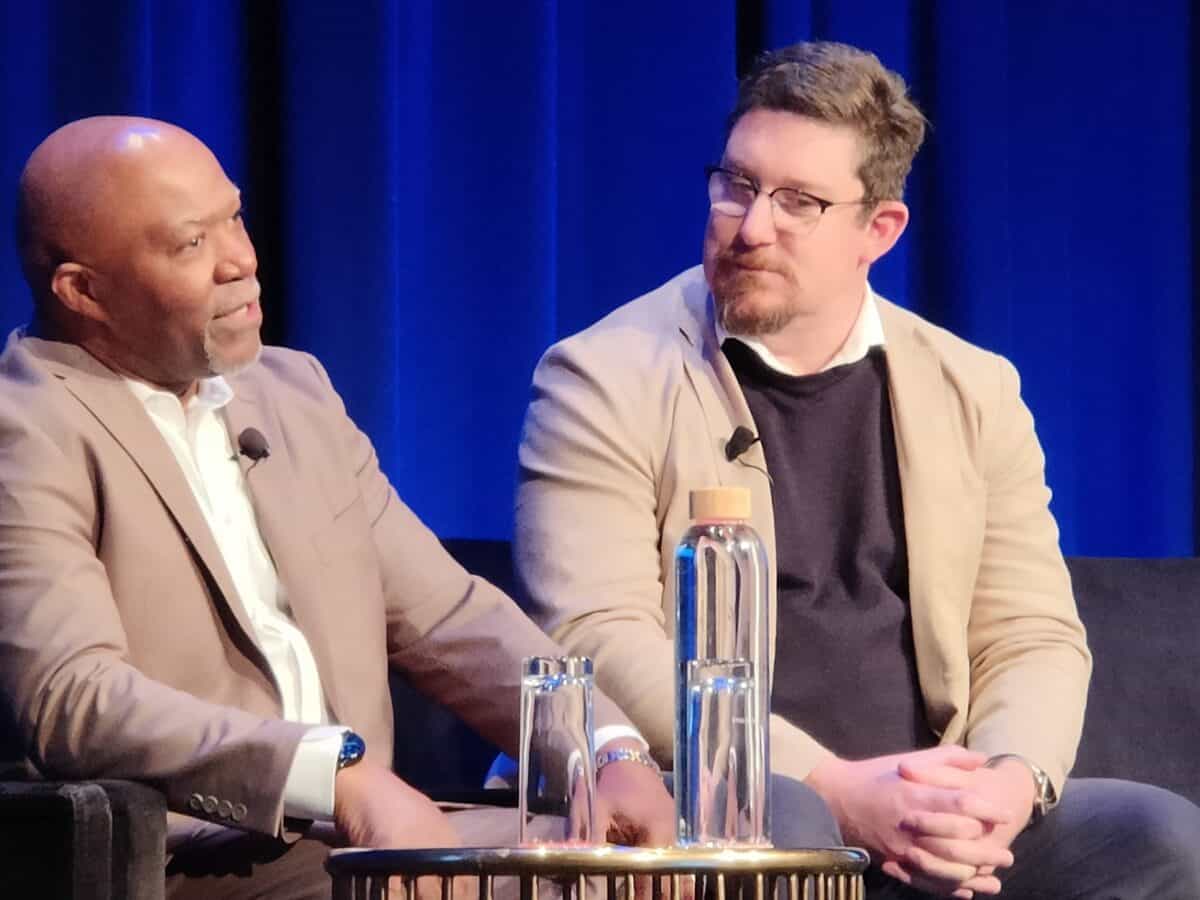What do Safe Work Australia (SWA) executives do outside National Safe Work Month? Several times each year, they appear before Senate committees. Recently, SWA’s CEO Marie Boland, Sinead McHugh, and Katherine Taylor spoke at a Senate Inquiry into the Digital Transformation of Workplaces.
Category: wellness
Addressing Psychosocial Hazards at Work: New Incident Notification Reforms
On the afternoon of Friday, August 1, 2024, Safe Work Australia (SWA) announced important changes to the incident notification obligations in Australia’s Model Work Health and Safety laws. These changes are particularly relevant to the issues of psychological harm in workplaces and work-related suicides. I asked SWA for some clarifications on the changes and the promised guidance.
Below are the questions that I submitted to Safe Work Australia and CEO Marie Boland‘s responses.
Warning: this article discusses suicide
The right to disconnect is really a right to refuse to respond
While watching Maddocks’ recent webinar on the Right-to-Disconnect for its local council clients, I was reminded of a comment from one of Maddocks’ competitors, Steve Bell, of Herbert Smith Freehills in a seminar earlier this year (paraphrased):
“This is less a right to disconnect as a right to refuse to respond”.
The webinar summarised three contexts for the new Right-to-Disconnect laws – Industrial Relations, Occupational Health and Safety (OHS) and Governance.
Male Loneliness and Work
Recent Australian research into male loneliness revealed some interesting work-related factors that employers may want to consider as part of their wellbeing and psychosocial change programs.
The research includes that among some social factors, like the persistent belief by men of having a breadwinner role:
Is the Psych Health and Safety Conference worth attending?
Recently, Sydney, Australia, experienced the inaugural Psych Health and Safety conference managed by Flourishdx, a prominent Australian consultancy that identifies and helps companies manage psychosocial hazards at work. There were around 400 delegates in person and online. The conference was a gamble for Flourishdx, and it largely paid off, but contrary to some of the overly effusive posts on LinkedIn, it was a curious beast.
We must understand the social pressures on employer safety decisions
There is a cost-of-living crisis in large parts of the world, there is a climate emergency, there are wars and political instability and insecurity everywhere. Why is occupational health and safety (OHS) still considered important? Well, it isn’t really when compared to these global and existential crises, but that is the microcosm in which we operate. However, this does not mean we should withdraw into our safety shells and ignore the world. We can’t; the world intrudes on our microcosm and affects us directly and indirectly.
So, it is useful to understand how pressures external to our work and workplaces affect our choices and the choices of employers.
I David Daniels’ US perspective on psychosocial risks at work
Many conference delegates spoke highly of international speaker I David Daniels at the recent Psych Health and Safety conference. Daniels has a long occupational health and safety (OHS) career and hosts the United States version of the Psych Health and Safety podcast. His OHS perspectives, including his discussions about race, were significant.







